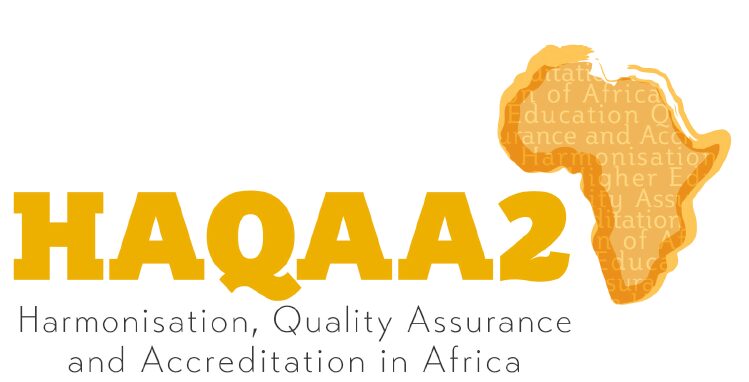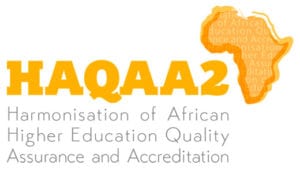The COVID-19 lockdown restrictions ushered in a great opportunity to increase the “virtual space” in the higher education quality assessments. Despite the innovativeness and potential to enhance quality, virtual quality assessments (VQAs) had not been fully optimized prior to the Covid-19 pandemic due to scepticism in the quality circles. In responding to the inevitability of turning to VQAs, lessons on their applicability, challenges and best practices have become critical for policy makers and quality practitioners. This article uses experience from Zimbabwe to presents three key lessons draw from a qualitative study that collected data from “in situ” virtual dialogues and metalogues with students, academics, support staff and leaders of higher education institutions, the external quality assurance agency, professional body and Ministry of Higher and Tertiary Education representative in Zimbabwe. Whilst the lessons learnt from the Zimbabwean study inform policy and practice at institutional and national level, they can find application in other nations intending to refine and re‐design their assessment systems during and after the COVID-19 pandemic.
The study explored the following research questions regarding the following aspects of virtual assessments and quality assurance (VQAs): Are they desirable? Are they practical? And how can they be improved? Through the dialogic and metalogic interactions, the contributors used their knowledge and ‘lived’ COVID-19 experiences to conceptualise a transformative approach to VQAs and quality assurance in general.
The following lessons could be inferred from the study:
- VQAs afford excellent opportunities for learner evaluation, institutional evaluation and external evaluation
Considering the complete shift from face-to-face to virtual teaching and learning, paper-based assessment systems have become disconnected with the reality of the new normal and can no longer assure “pandemic proof” quality. VQAs were regarded as “environmentally friendly, transmissible-disease safe, flexible in time (anytime) and space (anywhere), interactive, faster, easier and perhaps cost-effective.”
- Transformative approach to quality assurance
There is need for a “transformative” approach to VQAs wherein all higher education stakeholders collaboratively draw upon their experience and exposure to co-create knowledge. The argument for this is premised on the fact that “the absence of inclusive quality-oriented dialogues leave room for outsiders to determine the models and practices to be adopted, resulting in disaster.
- Lesson 3: Proactive identification and addressing of challenges are crucial in the VQA practices
Proactivity and agility in addressing challenges defines success of both the assessor and assesse in VQAs. Flagged challenges related to the digital divide, connectivity, integrity, confidentiality, digital literacy and digital fatigue. A participant explained that “it is clear that every participant of the VQA process needs access to a computer and functional internet as well as an initial (and continuous) training to be familiar and competent with e-assessment”.
Garwe Evelyn C., Pro Vice Chancellor, Zimbabwe Ezekiel Guti University, Zimbabwe

